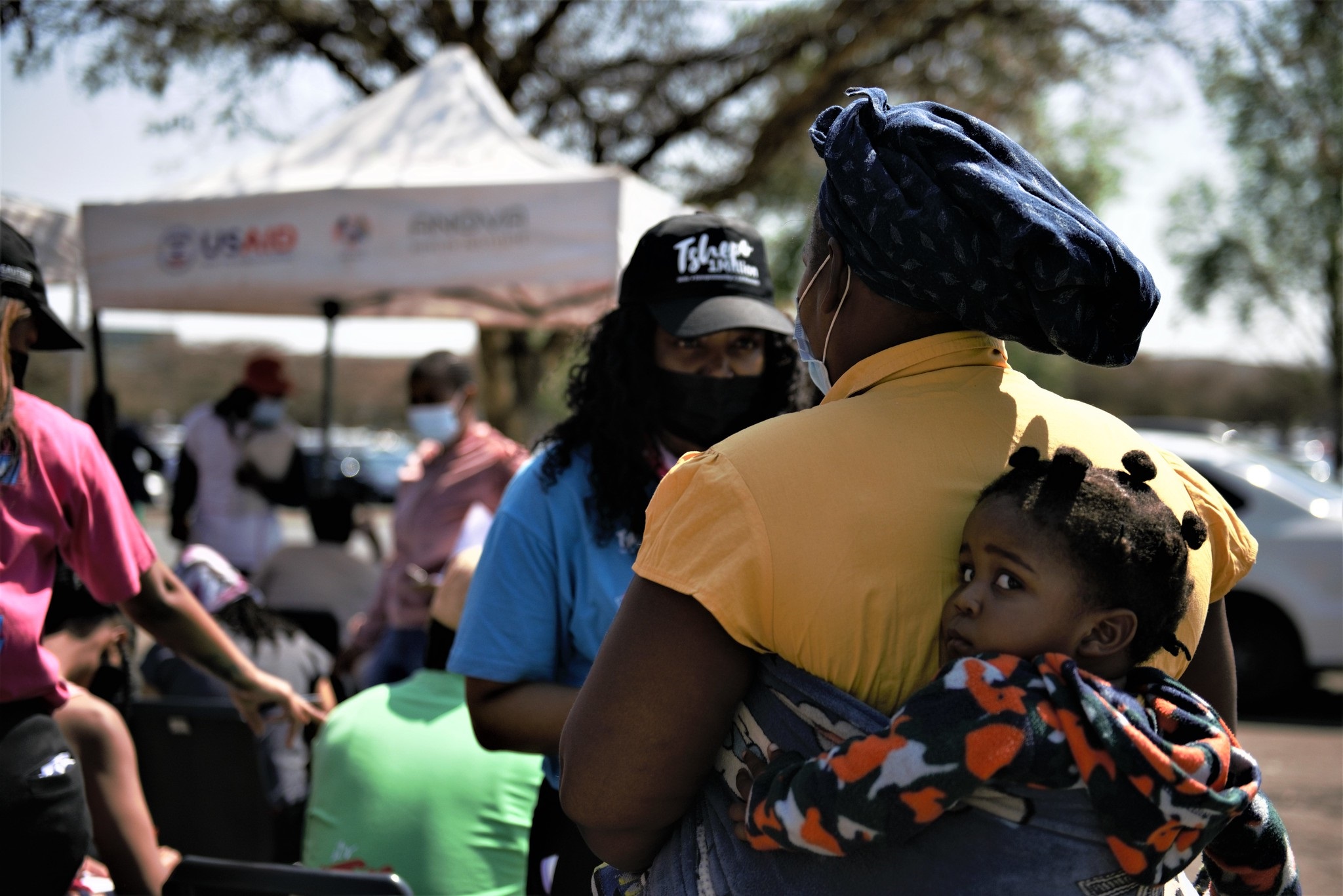

We may earn revenue from the products available on this page and participate in affiliate programs. Learn more ›
Just one year after the coronavirus pandemic began, vaccine researchers finished the first formulas that could protect people against SARS-CoV-2. Since then, more than 12 billion doses of various COVID vaccines have been administered around the world, largely in adults from 18 to 65 years old.
Now, the global COVID vaccination rollout is shifting as several countries turn their attention to immunizing children. In October 2021, the US Food and Drug Administration authorized the Pfizer and Moderna shots for Americans between the ages of 5 and 1; it then green-lit vaccines for kids younger than 5 after considering new clinical trial results this June. About 862,000 individuals in that last category got at least one dose of a COVID vaccine this summer.
Other governments, including the UK, Canada, France, and Germany, have opened up COVID vaccinations to children in the past year. India, for instance, moved Bharat Biotech’s homegrown Covaxin vaccine forward for restricted emergency use in children aged 6 to 12 years this April.
[Related: Just had COVID? Here’s when you should get a booster.]
Even though studies suggest that risk of death or severe disease from COVID is low among young people, inoculating them against SARS-CoV-2 could significantly reduce the spread of the virus and any new variants. And while children’s COVID vaccination rates are rising globally, health experts say there should be more campaigns targeting Africa, where the world’s youngest population lives. The mean age across the continent is 19.7 years; more than 540 million of the children are younger than 14.
So far, 23 out of 54 African nations have vaccinated some youth against SARS-CoV-2. Africa’s most populous country, Nigeria, has only authorized the shots for children who are 16 and 17 years old, specifically for educational and international travel purposes. “That allowance is very small, so essentially, it’s still 18 and above,” Nadia Sam-Agudu, a pediatrician who works in Nigeria, says. Meanwhile, South Africa, which has a population of more than 60 million people, was among the first to begin vaccinating kids between ages 12 to 17 years last October. Smaller governments like Burkina Faso, Eswatini, Rwanda, and Togo have found traction as well—in all, nearly 18 million young people have been immunized on the continent, the World Health Organization (WHO) Regional Office for Africa reports.
Sam-Agudu, who is part of the Institute of Human Virology at the University of Maryland School of Medicine, emphasizes that it’s crucial to vaccinate children in Africa before they’re seriously ill and need medical attention. “It’s important to have a good COVID-19 vaccination coverage in the light that it’s a pandemic and newly emerging pathogen. We don’t know what it’s coming down the line—we’ve seen enough of what it can do,” she adds.
In a study published this January in the Journal of the American Medical Association Pediatrics, scientists from the African Forum for Research and Education in Health COVID-19 Research Collaboration on Children and Adolescents found that hospitalized youth across the continent are at higher risk of death and severe disease from the virus than those in high-income countries. The authors identified the lack of access to intensive care units, testing, and treatments as a major reason.
COVID vaccines could make a difference. Sam-Agudu says African countries that have not immunized children yet should consider “scaling and approving” the shots. “This is the time that we need to mobilize and make sure that children, including pregnant women, are vaccinated. We should not be complacent,” she notes.
[Related: It’s harder for kids with food allergies to catch COVID]
Although nations like the US have donated vaccines to Africa through the COVAX initiative, if the formulas are not widely approved for children on the local level, they will not reach the scale of the continent’s population. When developing COVID vaccination programs for adolescents, WHO recommends each country consider the benefits in their specific epidemiological and social context. But disease researchers and COVID policy advisers say this puts the responsibility on African governments to conduct their own resource-intensive research to guide decision-making.
Phionah Atuhebwe, the vaccines introduction medical officer at the WHO Regional Office for Africa, backs the individual approach. “Although severe COVID-19 is rare in children, it does occasionally occur. In some cases, vaccinating them is particularly important,” she says. She notes that the WHO Strategic Advisory Group of Experts on Immunization states that kids older than 12 who are at higher risk for severe COVID should be offered an mRNA vaccine, along with other priority groups.
While scientists and public health experts look for better ways to protect people against COVID in the long term, their plans and protocols will need to focus on boosting immunity in all ages, in as many parts of the world as possible. It’s the only way to beat a global disease.
